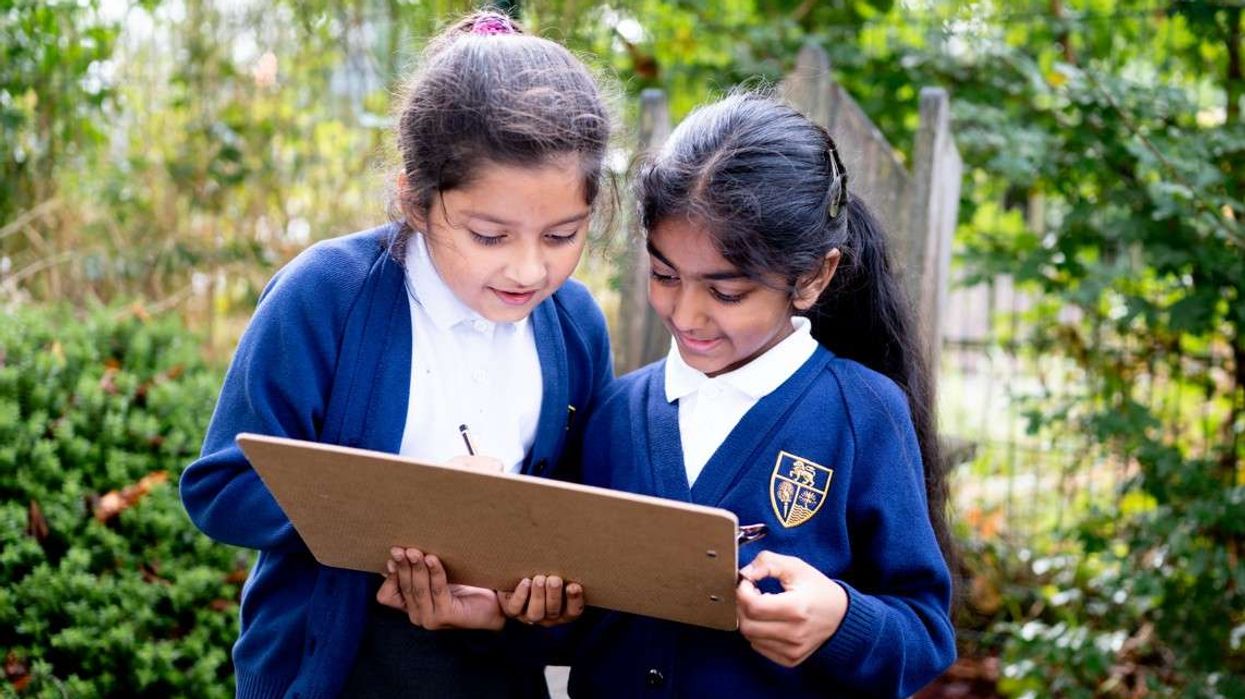WORLD BANK president Ajay Banga said that he is "absolutely" open to the idea of managing aG7 loan fund for Ukraine backed by the earnings from frozen Russian sovereign assets - at least for non-military purposes.
Banga, attending a meeting of G7 finance ministers who are hashing out the concept of such a loan, said the World Bank has ample experience in managing similar non-military donor fund facilities, including one for Afghanistan. It could "replicate" that work for a Ukraine loan, he said.
G7 finance ministers opened the meeting in northern Italy with expectations that no hard details would emerge on the US push for a loan to Ukraine that would be repaid by the future income from some $300 billion (£235.4bn) of Russian assets that have been frozen since Moscow's February 2022 invasion of Ukraine.
A loan amount - US Treasury Secretary Janet Yellen has suggested $50bn (£39.2bn) is possible - and structural details including management are expected to be worked on in the run-up to a G7 leaders summit in southern Italy in June.
Banga said he is not a party to the loan negotiations, nor had he been approached by Yellen or other G7 finance ministers.
"All I know is that if they do decide to give it to us, would I be ready? Yeah," Banga said. "I could manage a fund of that type. I would need safeguards, I would need to make sure our people understand how to use it."
This would include agreeing with the loan's sponsoring countries on a process for how to allocate funds for projects, he said.
A US Treasury official said earlier this week that channeling the funds through an such an international institution would make the loan "look like a grant from Ukraine's perspective" without adding to the country's debt burden.
Banga said the World Bank is prohibited from making any disbursements for military purposes, neither directly nor through a financial intermediary fund, such as the Afghanistan Resilience Trust Fund that it has managed for years on behalf of donor countries.
The development lender is now working towards board approval to create a new financial intermediary fund to address losses and damage associated with climate change, agreed at the COP28 climate conference in November 2023.
The World Bank is already managing some $42bn (£33bn) in funding to support Ukraine's economy, mostly from donor countries.
"That money has gone into the Ukrainian system to pay salaries for teachers and administrative professionals and bureaucrats and school meals and books and things like that," Banga said.
The World Bank also has made extensive assessments of Ukraine's war damage, estimating in February that the country would need $486bn (£381.4bn) to rebuild its infrastructure, housing and economy once the war ends, nearly three times its annual economic output.
Banga said that the number likely has increased with more recent missile attacks by Russia, but declined to make a new estimate of the damage.
"So what I'm trying to do in the meanwhile is work with the Ukrainian government on reforms that will make it easier for the private sector to invest when there is peace and stability," Banga said.
It will be very difficult for Ukraine to attract enough private investment to rebuild "if you don't do the prep work in advance," Banga said.
(Reuters)














